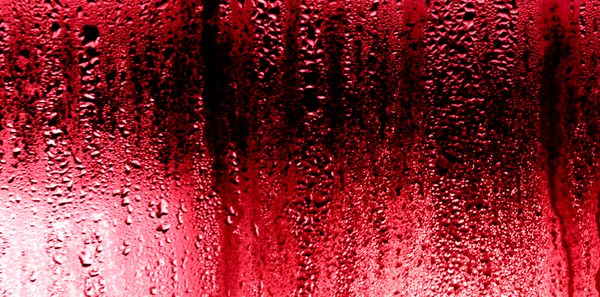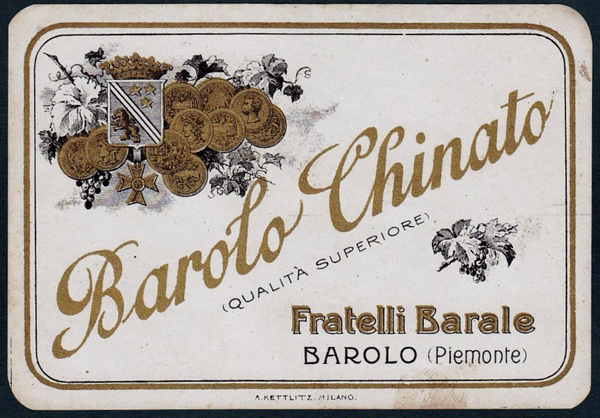Rioja, a well-known name with the type of wine that pleases everyone. If you are looking for something rich yet elegant, something powerful, a name, a reference where you get value for your money ... then Rioja, in my humble opinion, stands strong in its shoes.
Rioja, together with Priorat, the only DOCa/DOQ in Spain. The region where the rivers Ebro & Rio Oja meander through each other (did you get it? Rio Oja? Rioja? No?). However, even more important for wine growing than these rivers is the presence of the Sierra de Cantabria mountain range which offers protection from the cool, humid winds coming from the Atlantic Ocean in the north. Now you might think that, because of this protection, temperatures in the Rioja region rise to extremely high levels, which is after all quite common in Spain, but fortunately Rioja is spared from this. As a result, the climate of Rioja can be considered a little more moderate, with an interesting result.
Rioja can be divided into three subzones: Alta, Alavesa and Oriental. Alta in the west. Alavesa at the same altitude as Alta, but with more limestone in the soil. And finally Oriental, the former 'Baja', which is situated a bit lower (again, what's in a name...) and is influenced by the Mediterranean Sea the most. It is also a bit warmer here. Rioja can be white, rosé or red, and while the red variant is the most well-known and praised, we are going to focus on white Rioja.
There are a few producers with a very strong range, and that includes, completely objectively(!), Marqués de Murrieta. They have achieved fame with their absolute top wine, Castillo Ygay (white and red; the Tinto 2010 was voted Best Wine of the World by Wine Spectator earlier this year ), but also with their Rioja Reserva or ... their white Rioja, Capellanía. The winemaker, María Vargas, has been working for Murrieta for two decades, is still very young, and has already collected the necessary credentials. Many connoisseurs consider her one of the world's best female winemakers. She also proves this with this vintage, 2016, Capellanía.

Capellanía comes from vineyards situated at an altitude of around 500m, and has a very nice balance between fruit, wood, concentration, acidity and complexity. A wine that is already accessible, but can also age for another ten years. Ten years! Isn't that unusual for a white wine from a relatively warm climate? Yes, absolutely, but that is possible here because the grape, 100% Viura, is one with a surprising amount of potential. Viura is mainly known by its other synonym, Macabeu. And Macabeu will ring a bell with the Cava lovers among us.
Allow me to end with a quote from none other than Dr. José Vouillamoz: " Although Viura has often suffered from a lack of respect, some of the most distinguished traditional oak-aged white wines in Rioja, such as López de Heredia's Viña Tondonia and Marqués de Murrieta's Capellanía, are based on or are exclusively Macabeu. " The latter is exclusively available at Crombé, what's holding you back?



